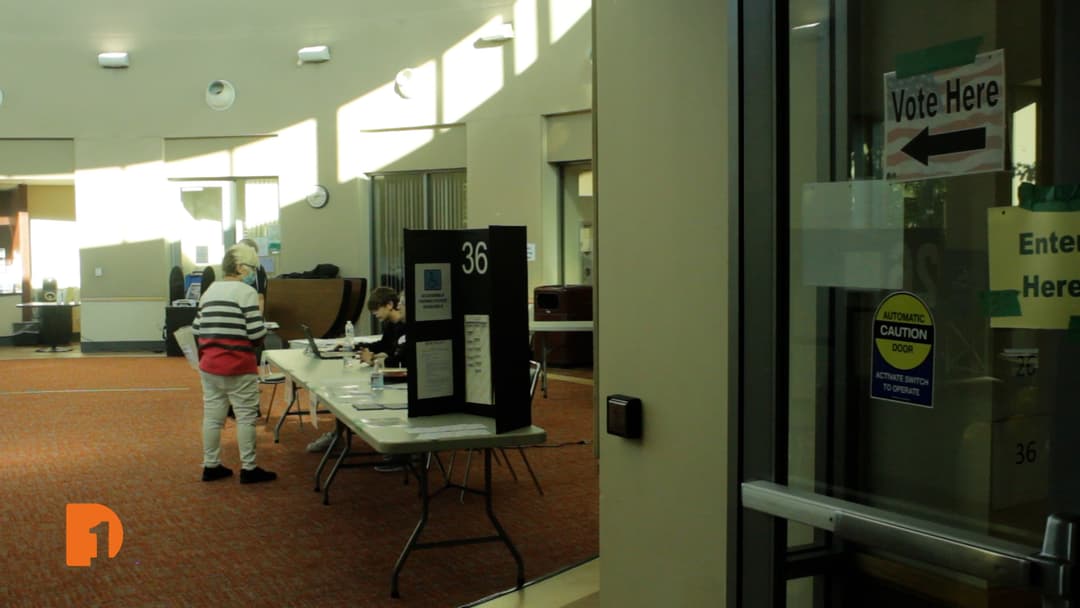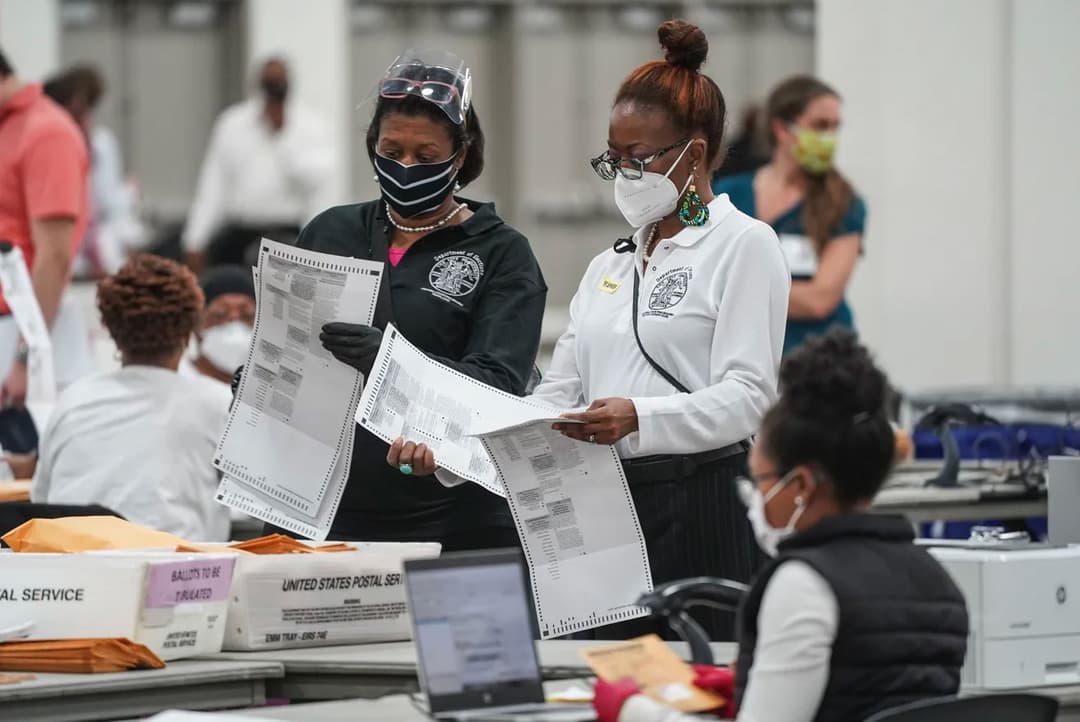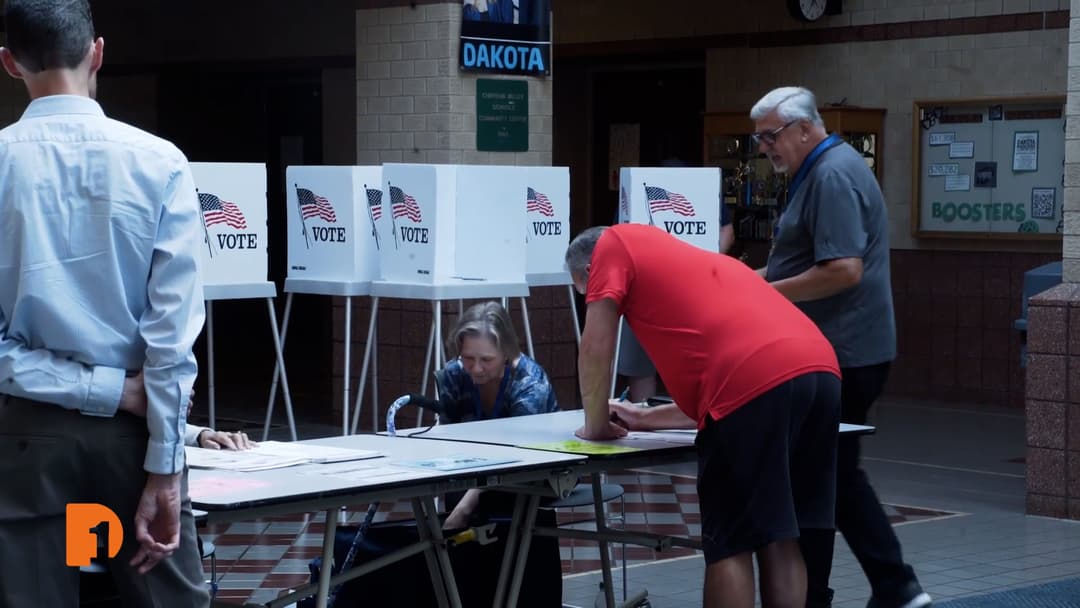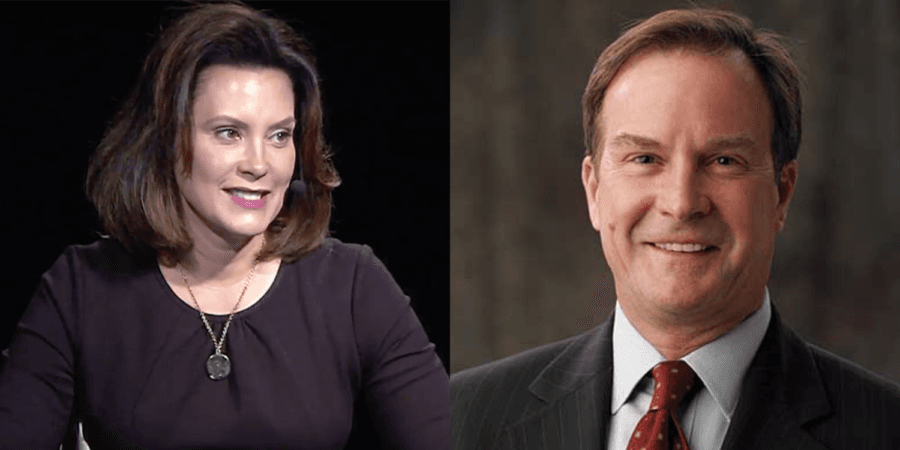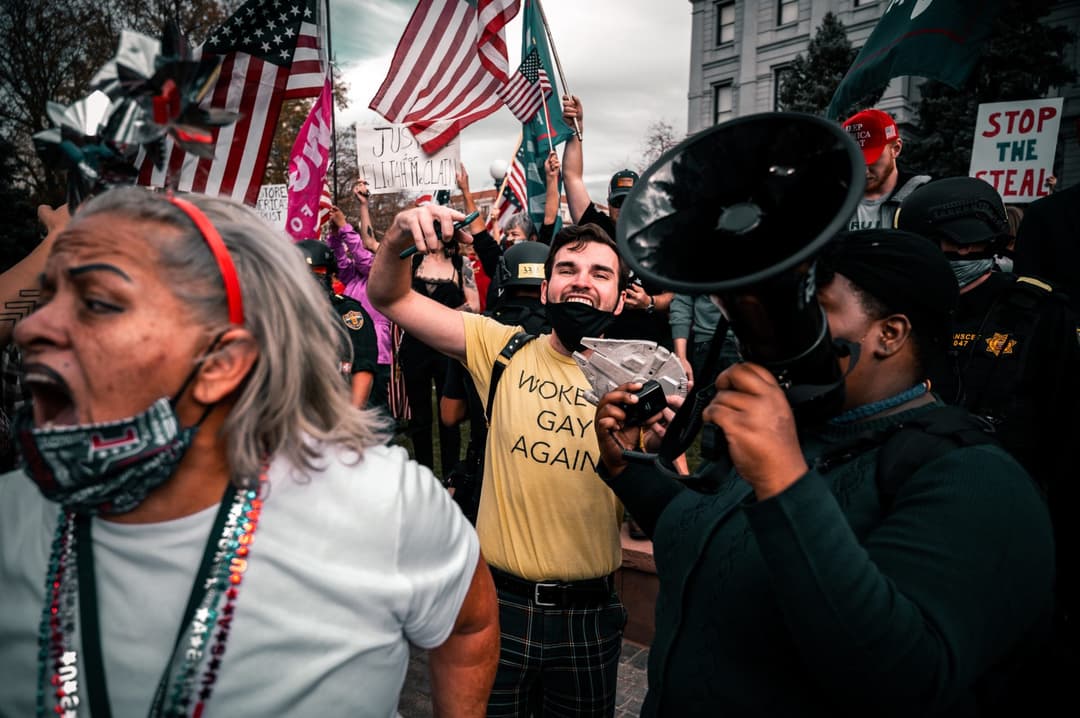Are They Reagan Democrats or Obama Republicans?
Jan 24, 2020
We Examine the Voters of Macomb County
As we continue our Election 2020 coverage, we want to take a closer look at Metro Detroit in an effort to understand our neighbors and get a deeper understanding of the region at large.
What should we know about who lives here in each corner of Metro Detroit, how have the demographics changed in recent decades and how could these changes influence the 2020 election?
County by county we’ll go.
And one of the most misunderstood is Macomb.
It’s garnered so much media attention during presidential election years, and it’s often called a bellwether for the country for good reason.
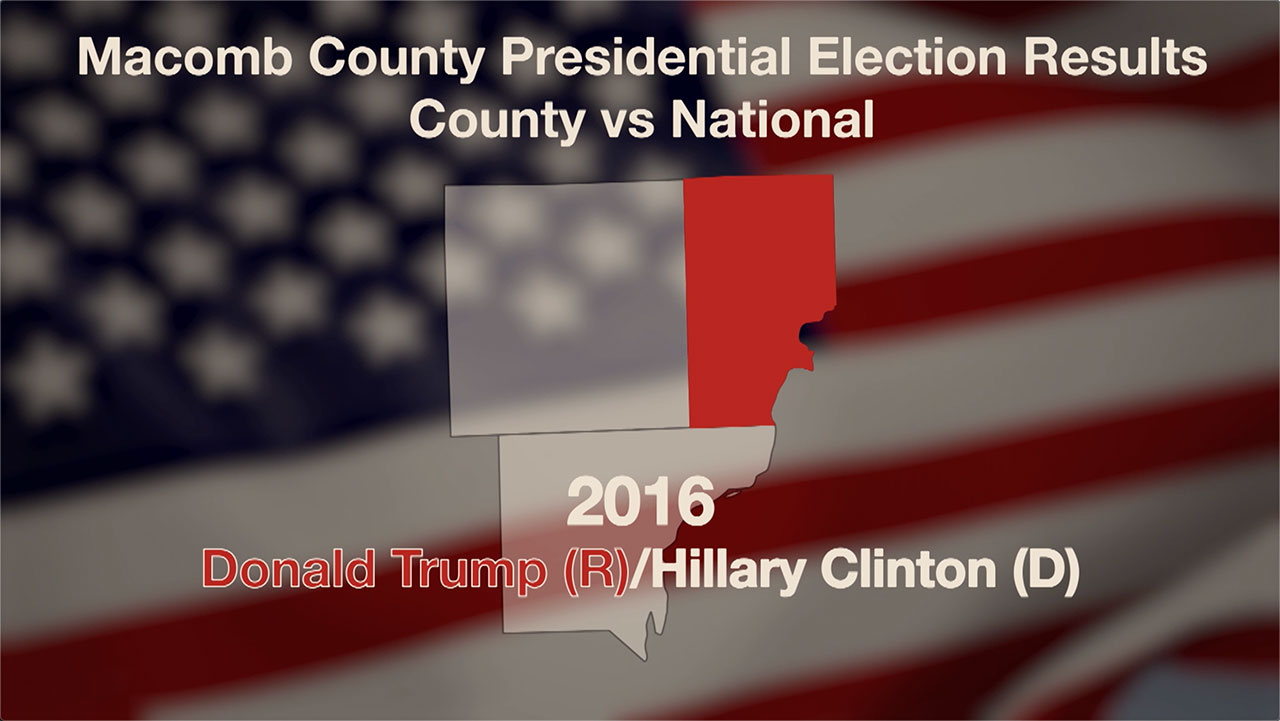 In the past 10 elections, Macomb County voters have chosen the winning candidate eight times.
In the past 10 elections, Macomb County voters have chosen the winning candidate eight times.
Going back to the ‘80s, the county’s voted twice for Ronald Reagan, then voted for Bush Senior.
In 1996, its voters chose Bill Clinton, then solidly picked Barack Obama twice before flipping to Donald Trump in 2016, giving him a 54 percent majority.
It’s these voting habits that have interested political pollsters and national media alike.
But before we get deeper into voting habits, WHO ARE these neighbors in Macomb County – so keen at predicting presidents? And how have they changed in recent decades?
For the numbers, we turned to the U.S. Census, data from the Macomb County Clerk and Metro Detroit stats guru Kurt Metzger, demographer and director emeritus of Data Driven Detroit.
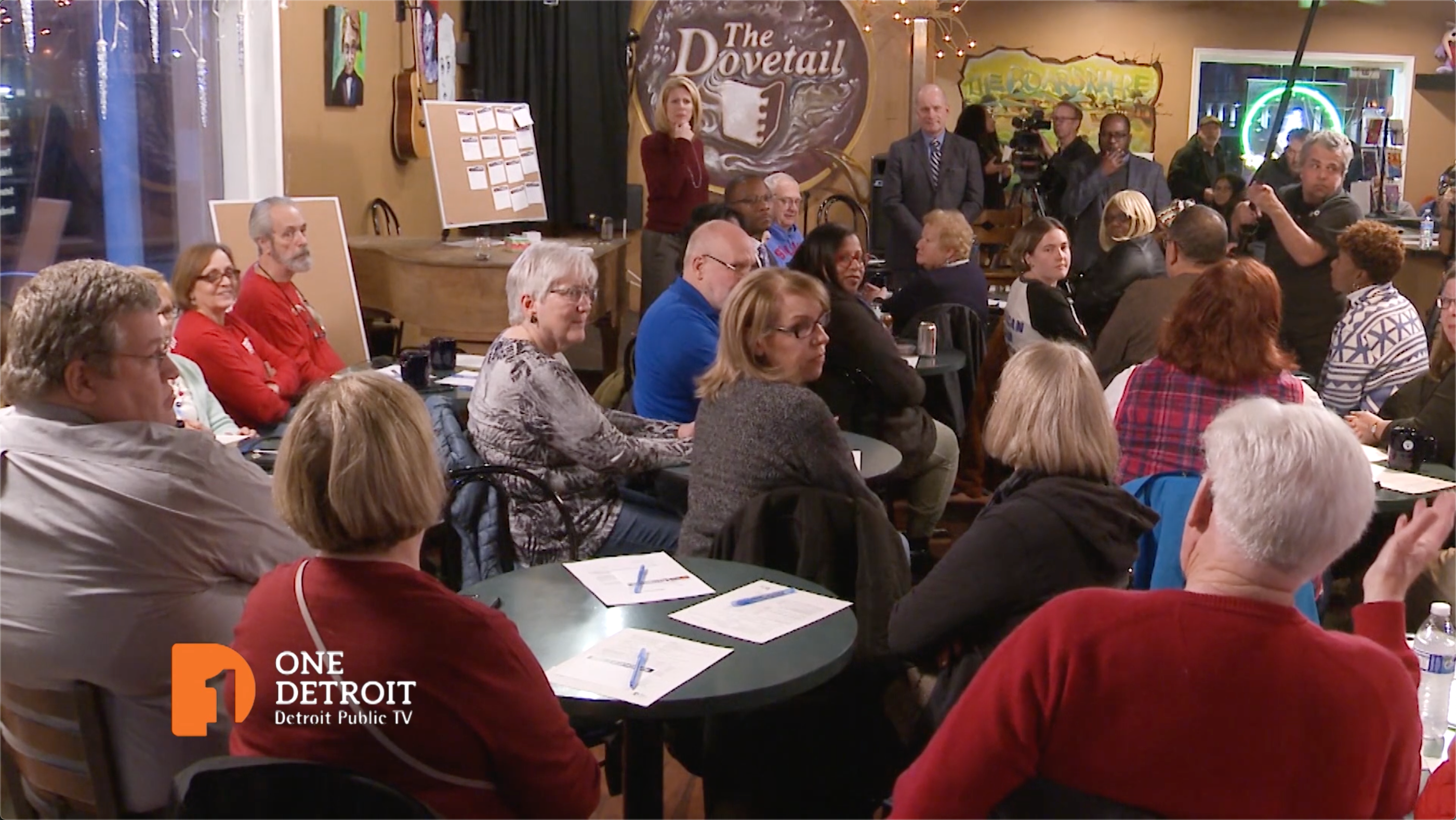 We spoke to voters in Warren at our first community conversation at The Dovetail coffeehouse in November. They had a sense of the demographic changes in their county.
We spoke to voters in Warren at our first community conversation at The Dovetail coffeehouse in November. They had a sense of the demographic changes in their county.
Let’s find just how right they are.
“We’ve lost our youth,” Matt Beaudry told us at The Dovetail. “They’ve moved away.”
It’s true.
Seventeen percent of Macomb County’s population is over 65.
Millennials makeup only 26 percent of the population. In comparison, 33 percent of the people in Wayne County are 20 to 39 years old.
“Macomb is aging,” says Kurt Metzger. “Mainly what we’re seeing is young people leaving Macomb for other areas.
“They want cities with density of population and walkability and the opportunity for meeting other people and a lot of entertainment.”
What about diversity?
“I think when you look at Macomb County, what a lot of people don’t realize is that it really is a piece of America because of the diversity that we have from 8 Mile all the way up to the top of Macomb,” said Jeremy Fisher at The Dovetail.
Very true.
Since 2010, more than 31,000 African Americans have moved into the southern end of the county, according to the U.S. Census.
“What we’ve seen is a lot of movement from Detroit into southern Macomb because of the schools,” Kurt Metzger observes. “When the economy tanked in 2007, 2008, we had foreclosures. We had a lot of people leave Macomb County.
“So you had a lot of openings, and African Americans with less resources who couldn’t afford to go to Oakland County found Roseville, Warren, Eastpoint.”
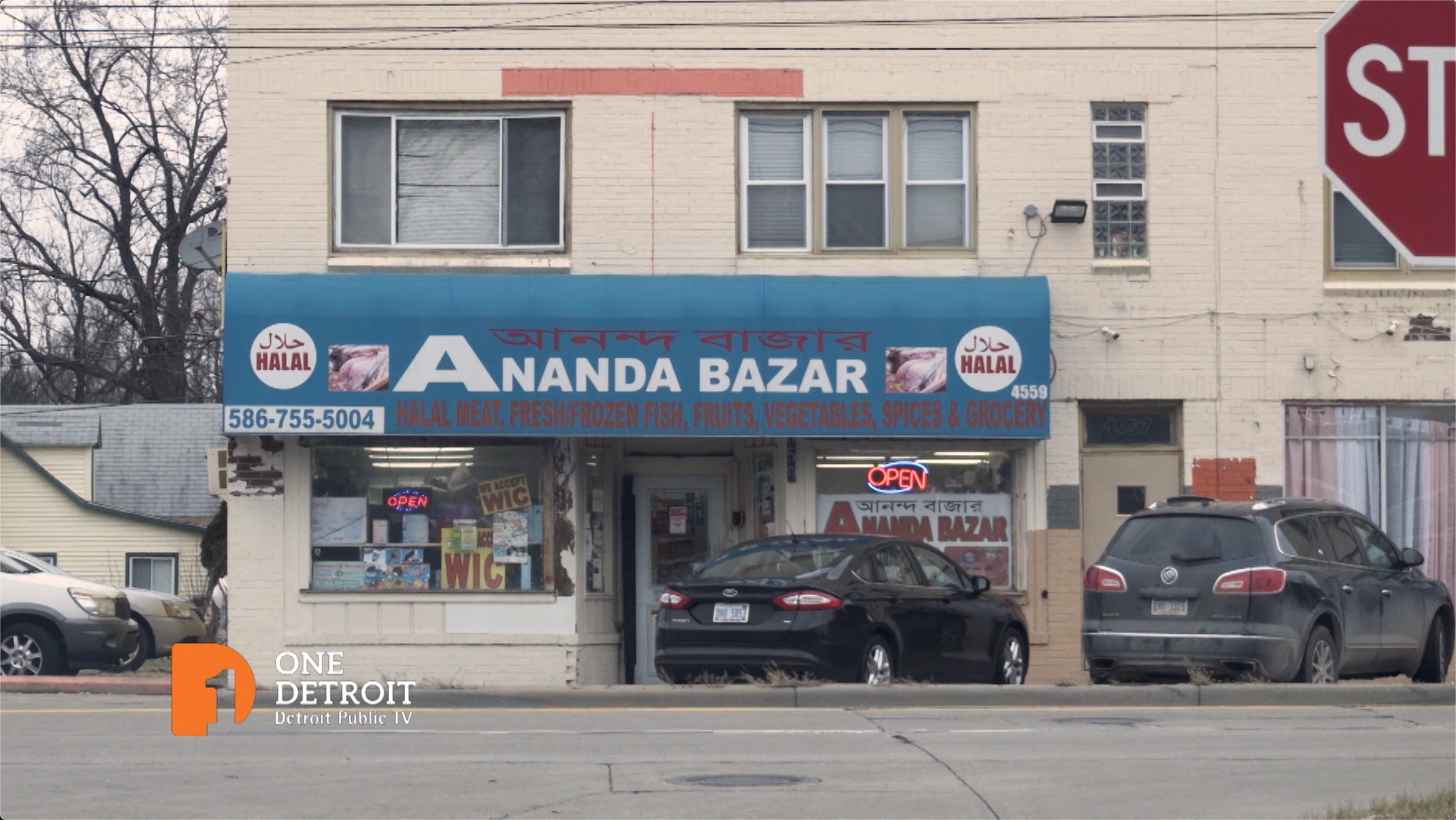 And immigrants from all over the world have settled in Macomb County.
And immigrants from all over the world have settled in Macomb County.
“Macomb County tends to get more recent immigrants,” Metzger says. “They haven’t established themselves, so they’re lower income in many cases.”
Metzger says that the county has a large Chaldean population, Catholics from Northern Iraq, in cities like Sterling Heights, Macomb Township and Shelby Township. Both Syrian and Iraqi immigrants call Warren home.
“Macomb has the largest Albanian population of any county in the country and continues to get Albanians,” Metzger continues.
Other immigrant populations Metzger points out include Ukrainians, Bangladeshi and Hmong, an ethnic group from East and Southeast Asia.
In Macomb County, much of the Hmong population comes from Vietnam, Cambodia and Thailand.
The county created the One Macomb intiative to connect the community with the new cultures.
“Macomb has really, really gotten on the bandwagon to be welcoming,” says Metzger, “one of the first welcoming counties in the state, very much realizing that diversity is a strength they have.”
What happens as you head north in Macomb County?
“There is a divide or perceived divide within the county,” said Nancy Duemling at The Dovetail community conversation. “In the north end you’ve got some pockets that are the wealthiest parts of Macomb County, up around Shelby and Romeo. And down here, you have some of the poorest pockets of Macomb County.”
There is a trend of young families with more wealth choosing to live north of M-59.
“What we have seen is in the northern end – from Shelby, Macomb, now moving farther into Ray Township, Armada, Romeo, those areas – a lot of Oakland County transplants,” Duemling explains.
“Yet primarily white homeowners moving into those areas tended to be larger families looking for larger homes and those opportunities and good school districts.”
Despite the movement into and out of Macomb County, it is still the third most populated county in the state. And it has seen higher than average voter turnout in recent years.
In the 2016 presidential election, Macomb County had a 67 percent voter turnout, according to the clerk’s office. Statewide, voter turnout was 63 percent.
For the 2018 midterm election, Macomb had a 59 percent voter turnout, higher than the 55 percent turnout statewide.
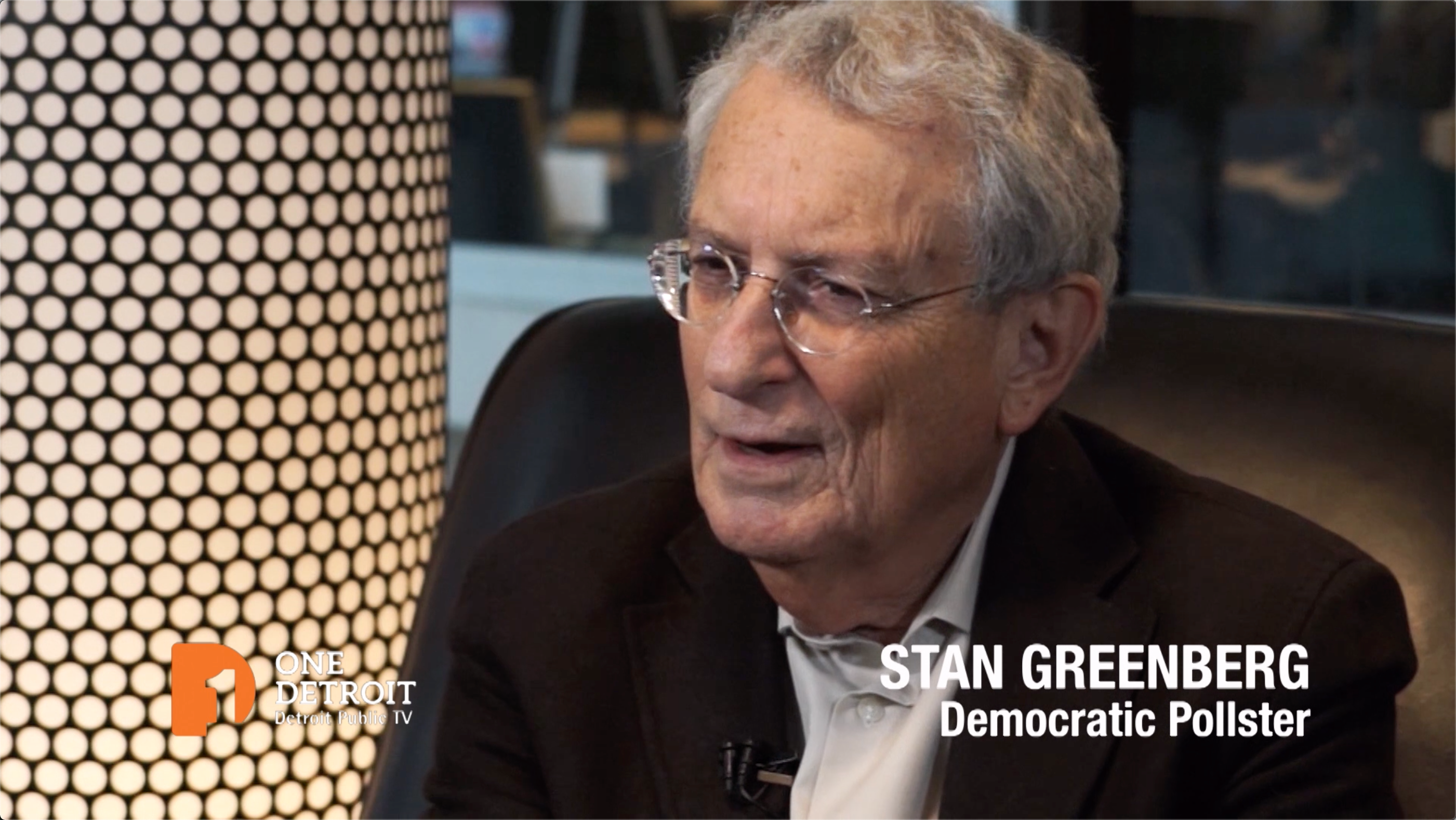 Stan Greenberg is a Democratic pollster well-known for studying Macomb County voters and for his work on Bill Clinton’s election campaign.
Stan Greenberg is a Democratic pollster well-known for studying Macomb County voters and for his work on Bill Clinton’s election campaign.
“I first went to Macomb County when I became a pollster,” he recalls. “I left academia to try to figure out how the Reagan Democrats abandoned Democrats and what Democrats could do to get them back.”
His work likely put Macomb County in the national spotlight.
“I apologize,” laughs Greenberg. “I apologize to them because I think that I think I’m responsible for it.”
That didn’t stop him from talking to Macomb voters while working on Bill Clinton’s election campaign and continuing to research its voters today.
And despite all the demographic changes in Macomb, there’s one voting bloc that piques interest as he continues to talk to Macomb County voters.
“Macomb itself, you know, has changed and become itself a little bit more diverse,” observes Greenberg. “But it’s still a place where white working-class voters are predominant.”
He believes it’s these white working-class voters who flipped Macomb County in 2016 and gave Trump the election.
“We have an election where Hillary Clinton ignores Michigan, doesn’t respect working people, doesn’t run on the kind of issues that matter to these voters,” Greenberg explains. “And when they’re not respected, they turn away.
 “And Trump was talking about trade, throwing out NAFTA and these trade agreements and working for them, and produced a margin in Macomb that was big enough to give him a win in Michigan. If not for Macomb, Trump would not have won Michigan and maybe would not have won the presidency.”
“And Trump was talking about trade, throwing out NAFTA and these trade agreements and working for them, and produced a margin in Macomb that was big enough to give him a win in Michigan. If not for Macomb, Trump would not have won Michigan and maybe would not have won the presidency.”
But he’s not so sure Macomb voters will swing the same way in 2020.
“I’m not one of those people who think the Trump voters, the swing Trump voters are still with him,” Greenberg declares. “I think 2018, the blue wave was a realigning election played out in the biggest possible way in Michigan.
“They aren’t fools. They saw what happened within a year. You saw the disillusionment.
“His (Trump’s) strong economy does not produce jobs, does not produce wage increases for them. They don’t see any wage increases. So I think they see a president who governs for the rich, not for working people.
“And it’s a hard road back, I think, for Trump to regain Michigan.”
For more of One Detroit’s Election 2020 coverage, click here >
Stay Connected
Subscribe to One Detroit’s YouTube Channel and don’t miss One Detroit on Thursdays at 7:30 p.m. and Sundays at 9 a.m. on Detroit PBS, WTVS-Channel 56.
Catch the daily conversations on our website, Facebook, Twitter @OneDetroit_PBS, and Instagram @One.Detroit
Related Posts
Leave a Reply
Your email address will not be published. Required fields are marked*


